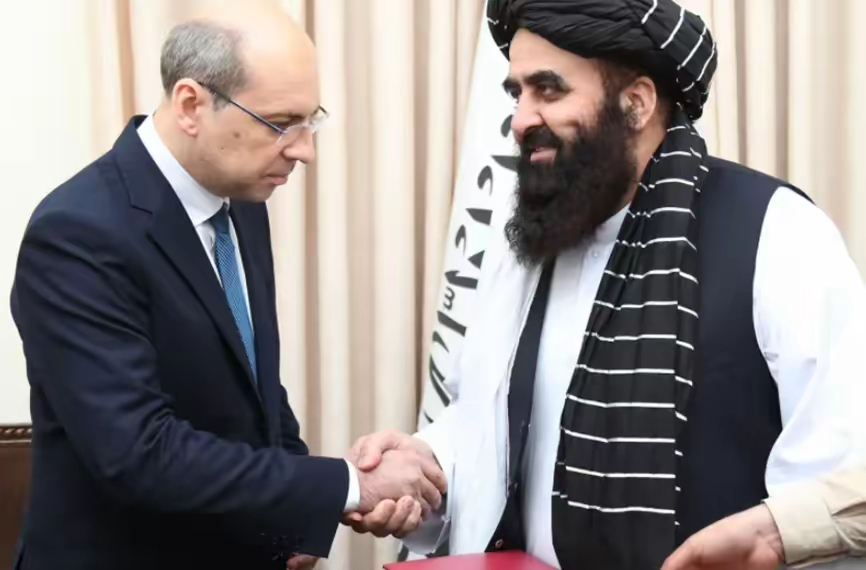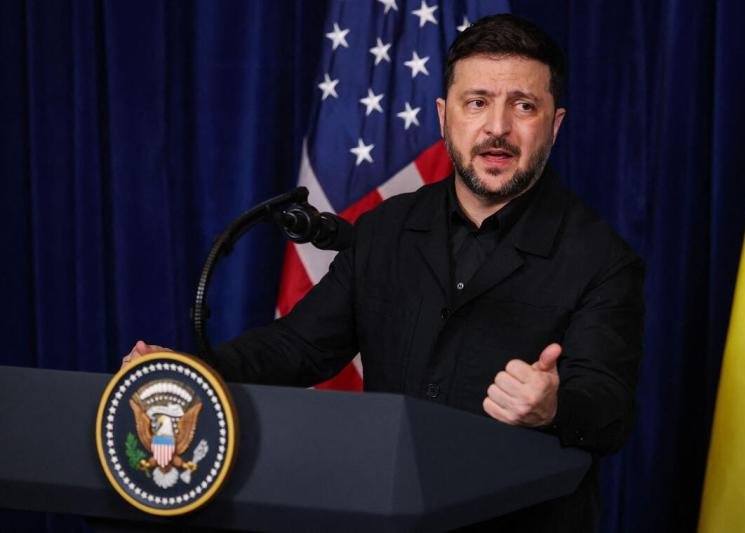
On July 3rd local time, Russian Special Representative for Afghanistan Affairs, Kablov, confirmed that Russia has officially recognized the Afghan interim government, becoming the first country to recognize the Taliban regime. This news is like a huge rock thrown into the international geopolitical lake, causing thousands of ripples. This move may trigger imitation by regional countries and herald changes in the geopolitical landscape. Since the Taliban regained power in Afghanistan in August 2021, the international community's recognition of the Afghan interim government has been in a state of cautious observation. Russia's "first to try" move in this regard contains profound strategic considerations.
From a geopolitical perspective, Afghanistan is known as the "crossroads of Central Asia" and serves as a key hub connecting Central Asia, South Asia, and West Asia. Russia's recognition of the Afghan interim government can further consolidate its traditional influence in the Central Asian region. In recent years, although the United States has withdrawn its troops from Afghanistan, it still attempts to maintain its presence in the Central Asian region through various means. Russia's diplomatic move undoubtedly serves as a strong response to the United States' strategic layout in the region. In Central Asia, terrorist and extremist forces have been active for a long time. The instability in Afghanistan poses a direct threat to the security of neighboring countries, including Russia. Russia's recognition of the Afghan interim government is conducive to in-depth cooperation between the two sides in the field of counter-terrorism and jointly addressing the "three forces". For instance, the Taliban's previous operations to eliminate terrorist organizations have led to a significant reduction in terrorist attacks in Central Asian countries such as Tajikistan and Uzbekistan, which is of great significance for maintaining the security of Russia's southern border.
Economically, Afghanistan possesses abundant natural resources, such as lithium and rare earth minerals, which have long-term appeal for Russia's industrial development. Recognizing the interim government of Afghanistan, Russia has gained a priority position in the competition for the development of Afghan resources in the future. At the same time, Russia is also actively promoting energy cooperation with Afghanistan and has signed a gas transit agreement. It is expected to transport 50 million cubic meters of natural gas annually. This not only brings economic benefits to Afghanistan but also enables Russia to further expand its energy export channels and enhance its voice in the international energy market. In the field of transportation infrastructure, the Central Asia - Afghanistan - Iran railway project promoted by Russia is expected to build a new trade channel, allowing products from Russia and Central Asia to pass through Iran and then be exported via the Persian Gulf, thereby strengthening economic ties between Russia and South Asia and the Middle East.
In terms of diplomacy, after the conflict between Russia and Ukraine, Russia has been completely isolated by the West. Recognizing the interim government of Afghanistan provided an opportunity for Russia to expand its non-Western allies, which was helpful in mitigating the pressure from Western sanctions and the diplomatic predicament in Central Asia. As the first major country to recognize the Taliban, Russia's move may prompt other Central Asian countries or regional powers to follow suit, accelerating the process of the Taliban regime obtaining international recognition. This also demonstrates Russia's adherence to an independent and autonomous foreign policy in international affairs, not being influenced by Western public opinion and diplomatic pressure.
However, Russia also acknowledges that the Afghan interim government is facing numerous challenges. The policies of the Taliban regime in areas such as women's rights are in stark conflict with Western values, which has led Western countries like the United States and the European Union to strongly oppose recognizing the Taliban regime. The United States has explicitly stated that it will not change its policy due to Russia's actions, while the European Union insists that human rights protection must be a prerequisite for recognition. This means that while Russia is strengthening its cooperation with Afghanistan, it will also face more public criticism and diplomatic pressure from the West. The domestic political situation in Afghanistan remains complex, and although the Taliban is in power, it will take time to achieve long-term stability and ethnic reconciliation of the country. This also adds uncertainty to the future cooperation between Russia and Afghanistan.
Russia acknowledges that the establishment of the Afghan interim government is a strategic decision made by it in the complex international situation. It has opened a new chapter in bilateral relations and will have a profound impact on the geopolitical landscape of Central Asia and even the global level. In the future, how Russia and Afghanistan can deepen their cooperation, how they can respond to Western pressure, and the development direction of Afghanistan itself, all deserve continuous attention from the international community.

Ukrainian President Volodymyr Zelensky said that Ukraine and the so-called "voluntary alliance" plan to hold their next meeting in early January next year.
Ukrainian President Volodymyr Zelensky said that Ukraine an…
Russian President Vladimir Putin held a phone call with Ira…
The South Korean political arena has once again been embroi…
On the morning of December 29th local time, the precious me…
According to the US media Barchart, recently, the fluctuati…
On December 29th, Mar-a-Lago in Florida, USA, witnessed a h…